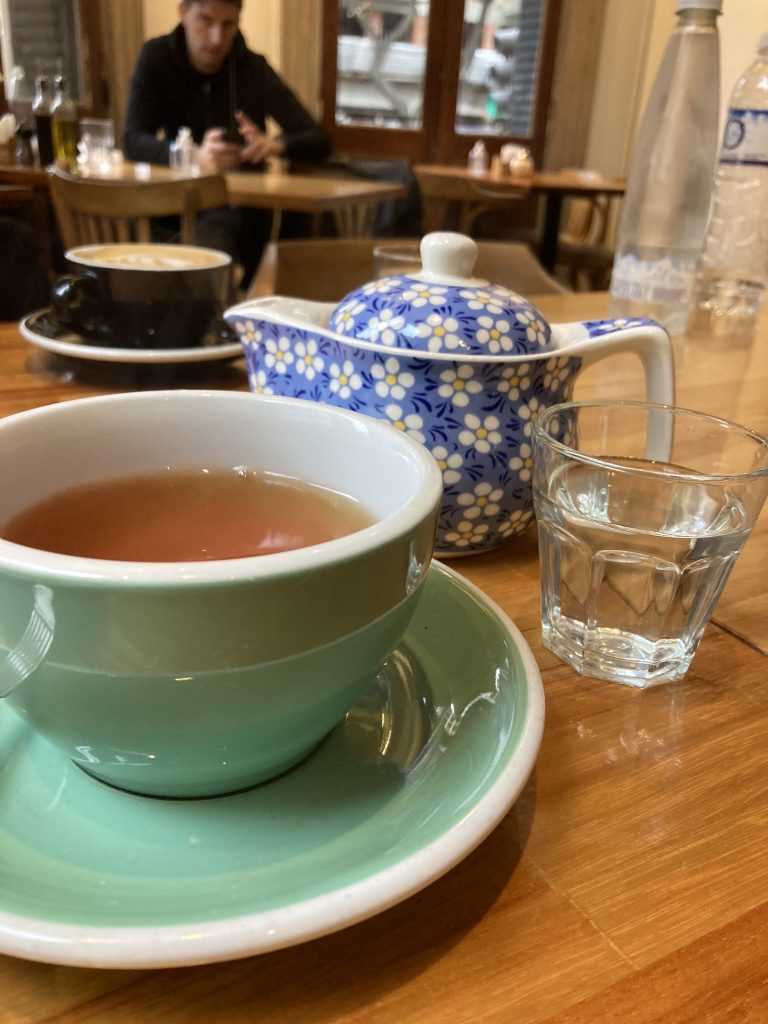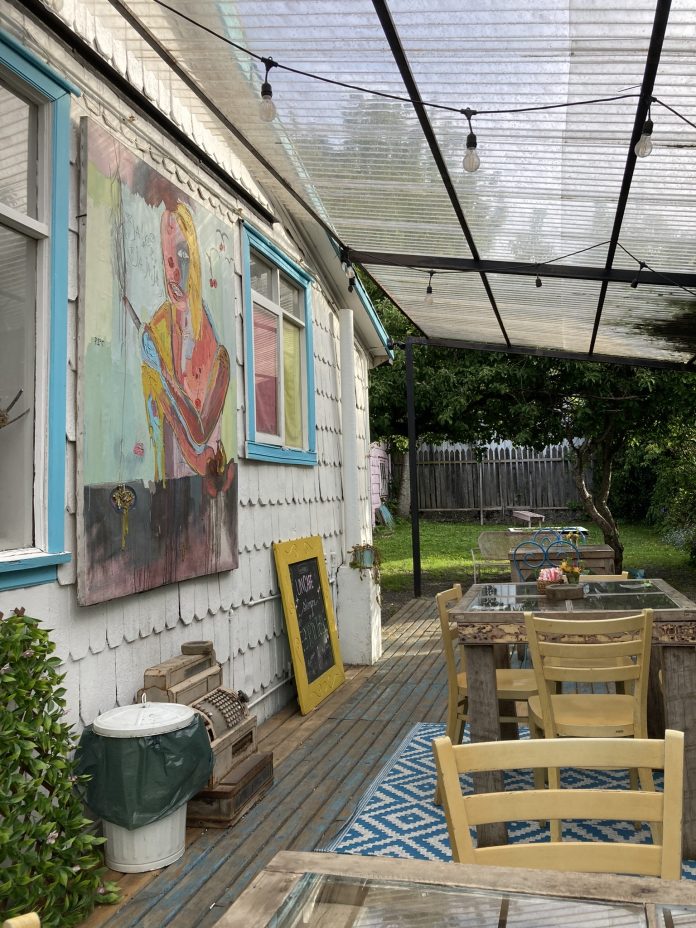Cassie Pataky
Opinions Editor
At 6 p.m. I was hungry. To my dismay, I learned that dinner would not be served until 9p.m. Instead, my host family invited me to introduce myself over tea and biscuits. We sat talking for the better part of an hour, and it was a great way to connect with the couple I would be living with for the next two months as well as tide me over until dinner. I was studying abroad in Argentina and Chile, and almost immediately began partaking in an Argentine custom called merienda.
What constituted my first instance of culture shock, merienda, is a mealtime in the afternoon, typically after work, when people have tea or coffee and a small pastry or cookies. This is often social, like my experience with my host family, but can also be taken solo. Either way, the purpose is to sit and decompress from the day.
A time for relaxation and revitalization: there is no rush to finish your beverage. Instead of being “unproductive,” as U.S. culture would view it, you are spending your time in a fulfilling way, which is more important, naturally. Who cares if you are productive if you are not satisfied?

Merienda is time well spent. Whether you’re chatting with friends and family or letting your mind wander, you are allowed to slow down and embrace the moment. In the U.S., we often get caught up in our busy lives, so we end up scheduling our social time, our relaxation time, even our downtime.
Argentina’s merienda is not the only custom in South America that emphasizes rest. In Chile, there are many federal holidays in which almost everyone takes the day off, not just government workers. Even my host mother, who was retired, wouldn’t do any chores on these holidays. This was hard for me to comprehend — and inconvenient when I was running out of clean clothes — because the emphasis on using every free moment as an opportunity to be productive had been ingrained into me by our cultural expectations. Like many others, I felt guilty whenever I wasn’t knocking things off my to-do list; I felt like I was wasting time.
Accepting that I could take a whole day away from my nagging responsibilities was difficult. While mental health days have become increasingly common in U.S. culture, we still categorize them as productive: the individual taking one needs time to recuperate so they can be more attentive when they return. Like a sick day, we take one because we need it, not because we want it. Rather than building rest into our schedules, we only indulge the need when we feel it is earned.
Contrarily, the Chilean government almost forces inactivity by giving everyone the day off during federal holidays (which also occur more frequently than in the U.S.), building the notion that relaxation — what the US would call “wasting time,” is okay — necessary, even.
Similarly, merienda is a cultural expectation. The Argentine way of life promotes spending so-called “unproductive” time socializing with others or having a moment to yourself. As I walked by the many people sitting at restaurants and cafes with their friends and family, I too felt compelled to take a moment for myself, whether by contacting a friend or buying myself a fresh pastry. Soon, this moment became a frequent occurrence, yet it never lost value as time well spent.
Now back at UC Santa Barbara, I don’t feel bad about spending an hour decompressing after a long day of class. I often notice myself feeling more energized — or simply more content — after scrolling for a few minutes, bingeing a new series, or baking a sweet treat. College life has continued to be hectic, but when I reflect upon my day, I find more moments of peace than anxiety, and I welcome this change.












